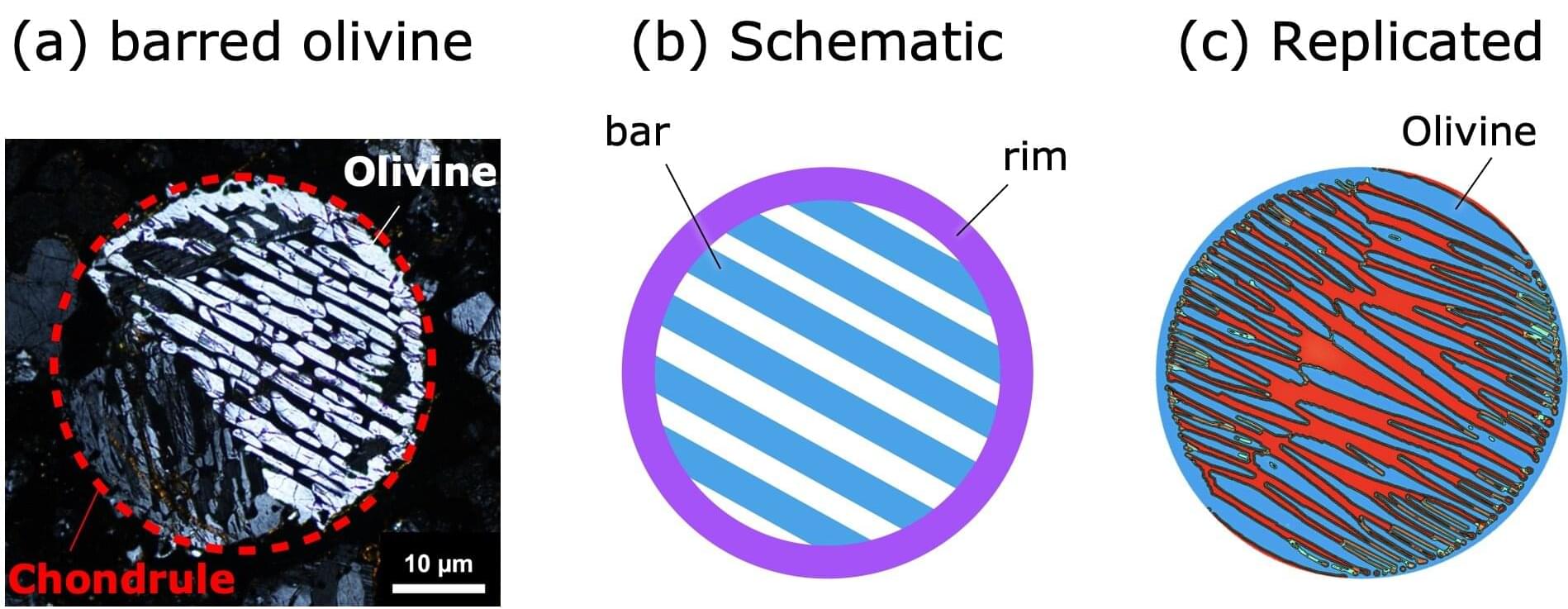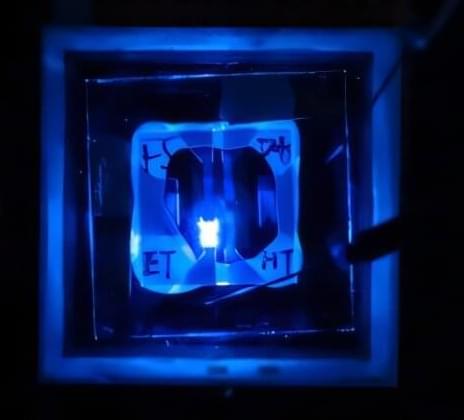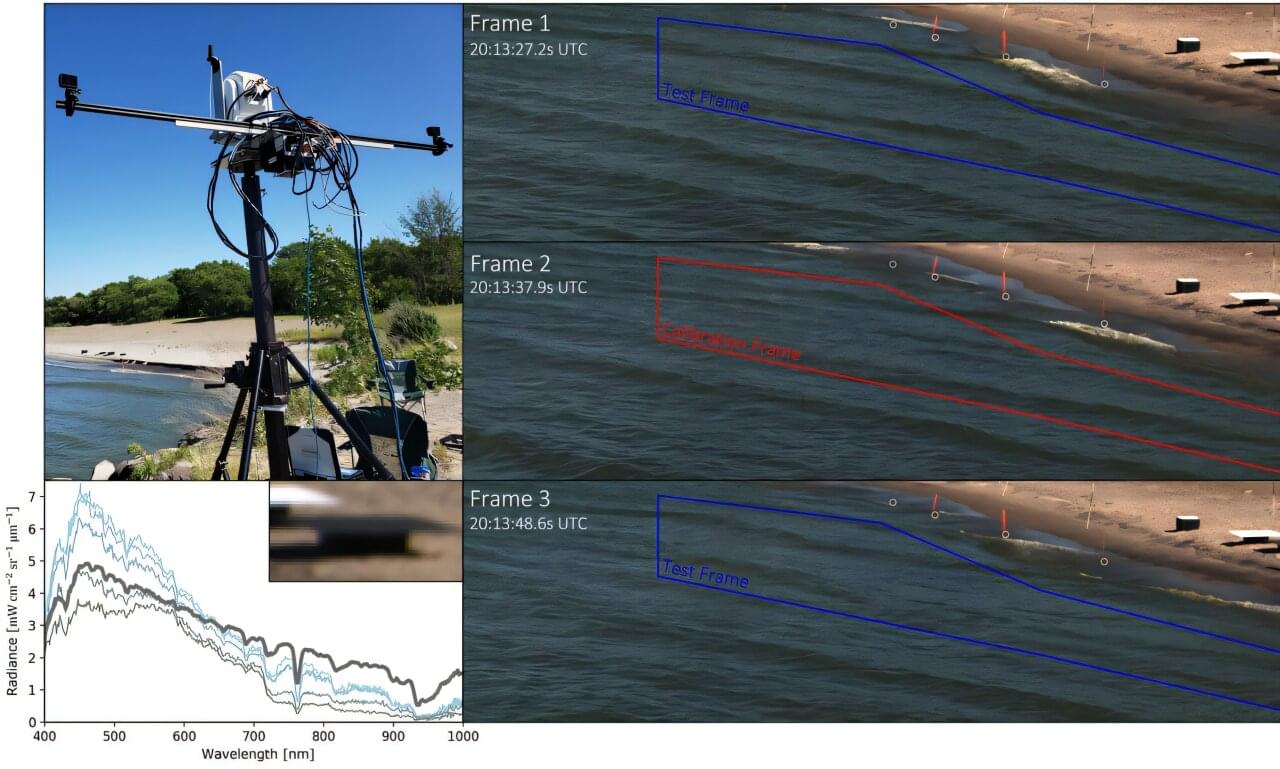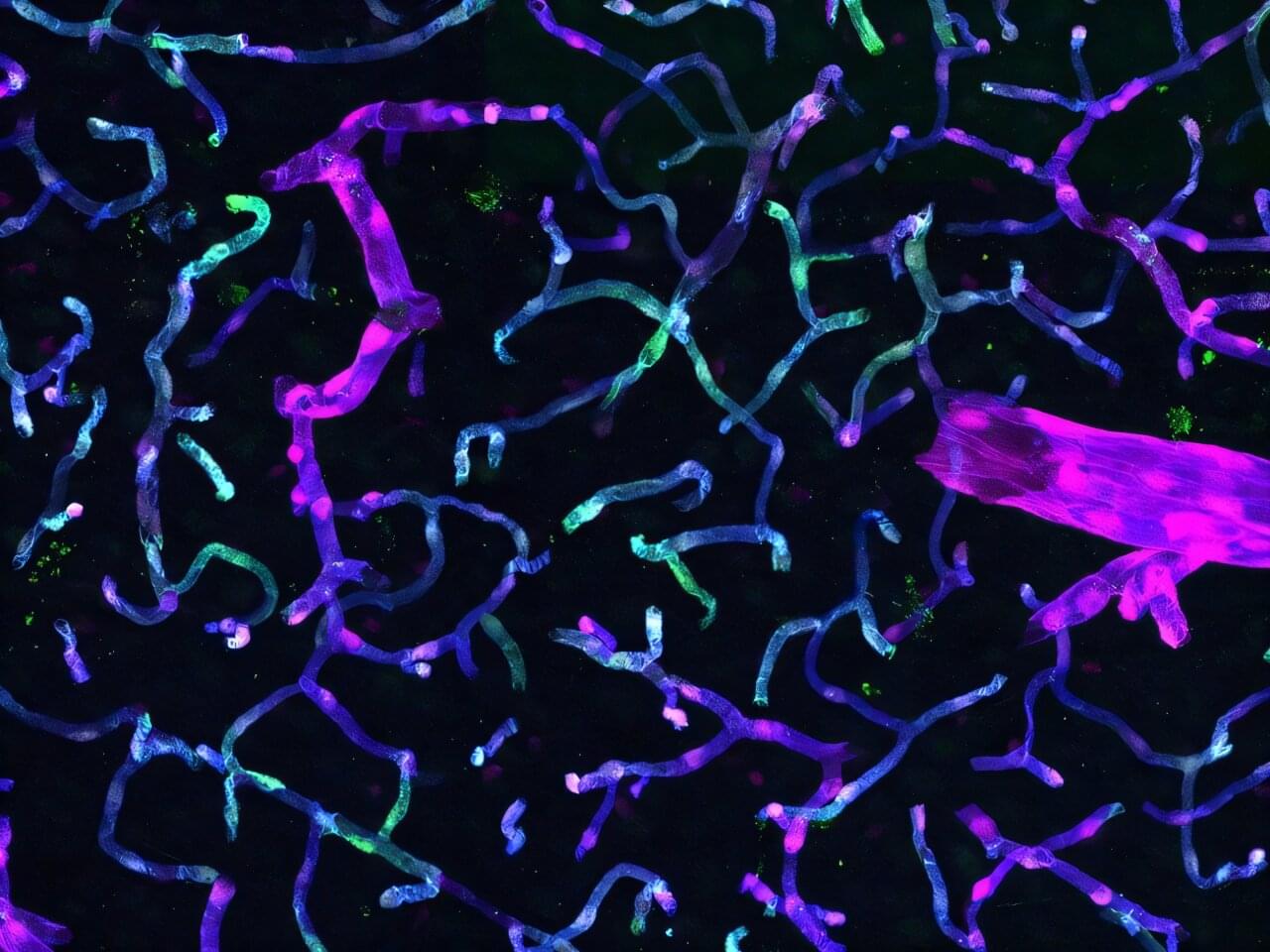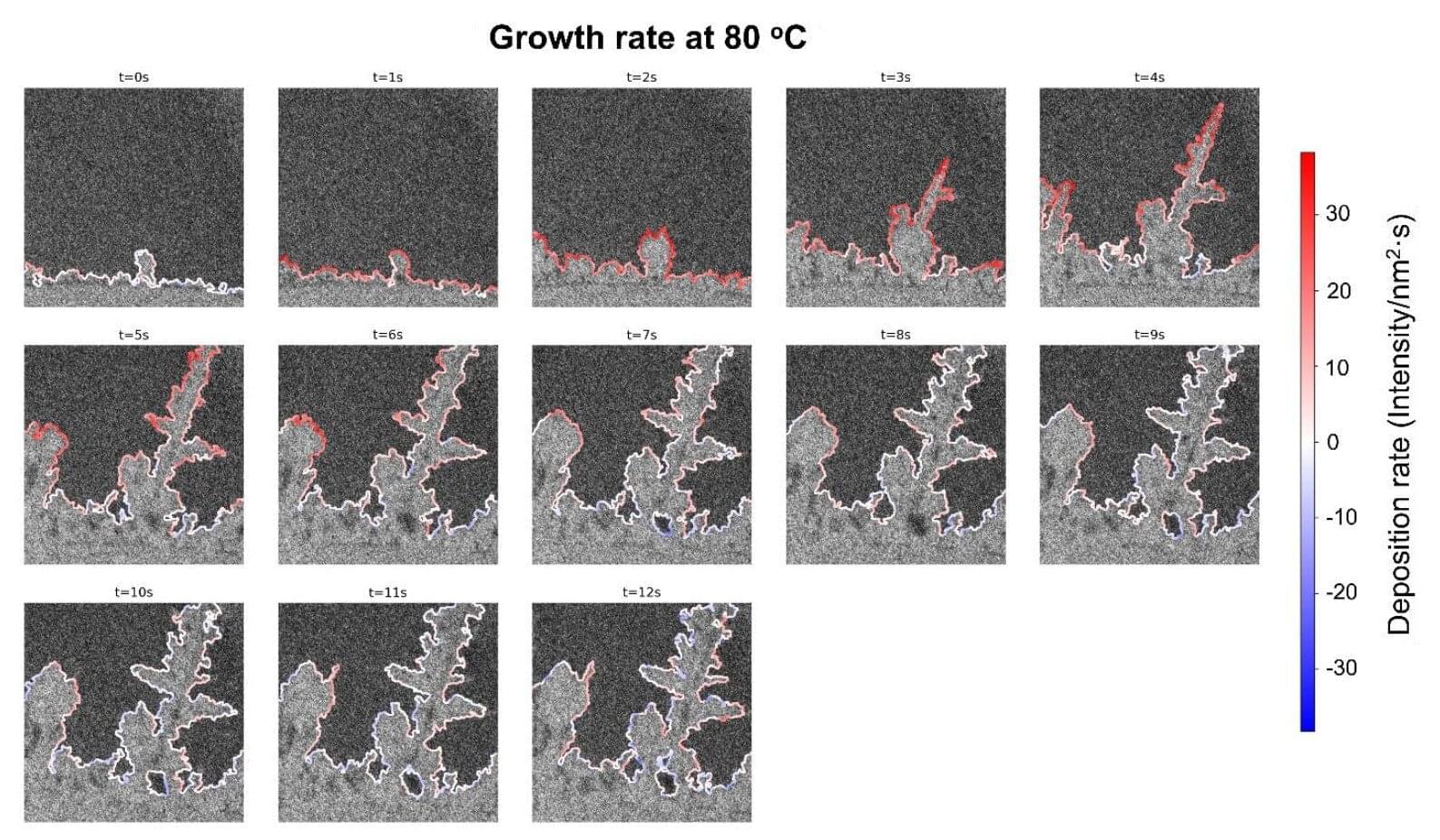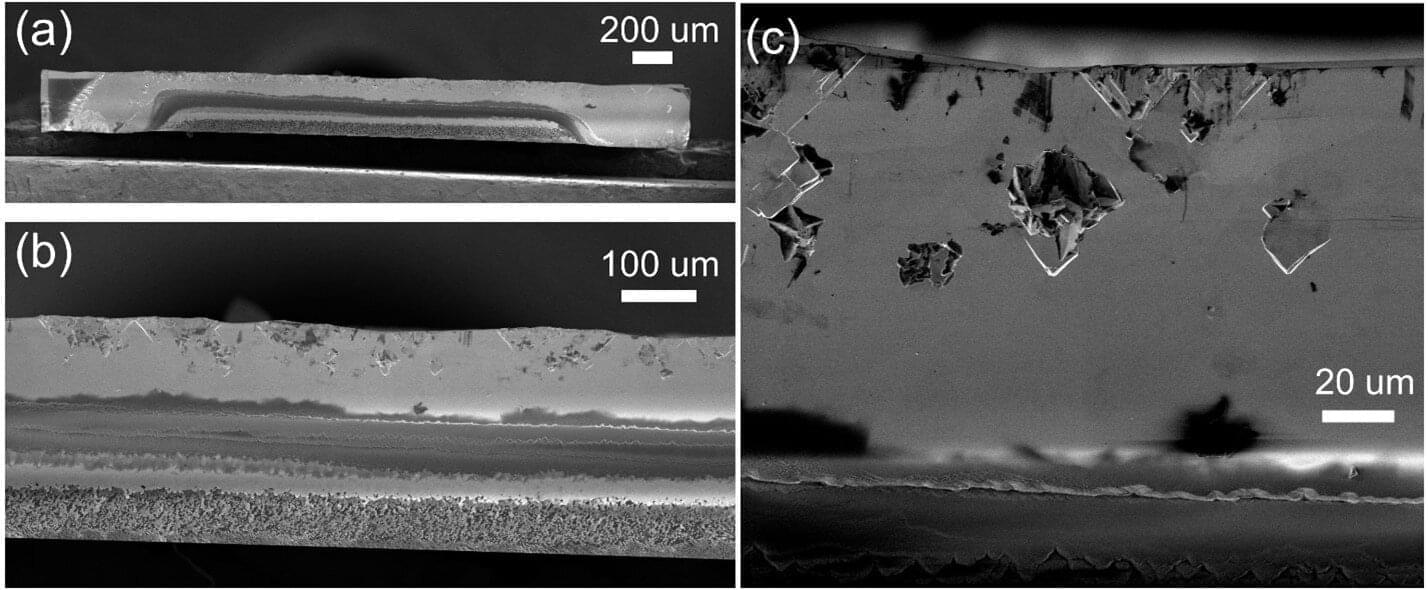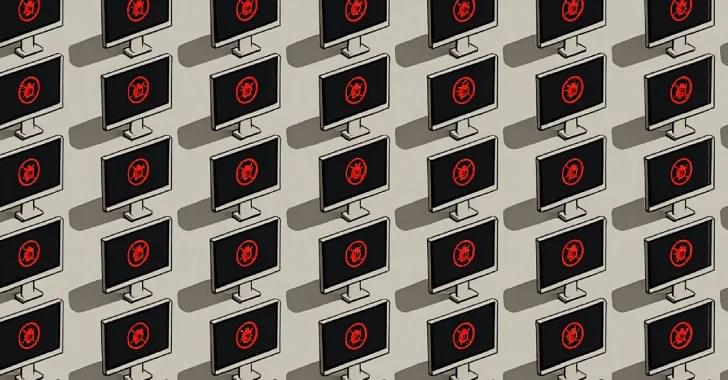A breakthrough study, led by scientists at Waipapa Taumata Rau, University of Auckland, has uncovered how daylight can boost the immune system’s ability to fight infections.
The team focused on the most abundant immune cells in our bodies, called neutrophils, which are a type of white blood cell. These cells move quickly to the site of an infection and kill invading bacteria.
The researchers used zebrafish, a small freshwater fish, as a model organism, because its genetic makeup is similar to ours and the fish can be bred to have transparent bodies, making it easy to observe biological processes in real time.

